If you've ever struggled with sinus issues and loss of smell, you know how frustrating it can be when your favorite foods taste like cardboard and familiar scents disappear entirely. This connection between your sinuses and your senses isn't just uncomfortable—it can significantly impact your quality of life, making meals less enjoyable and potentially putting you at risk by preventing you from detecting smoke, gas leaks, or spoiled food.
What You'll Learn
- How sinus inflammation blocks the pathway between your nose and brain, causing smell and taste loss
- The difference between temporary congestion-related loss and more serious anosmia from chronic sinusitis
- Natural, science-backed remedies that can help restore your senses, including red light therapy
- A simple 5-step daily routine to support sinus healing and smell recovery
- Warning signs that indicate when you should consult a healthcare provider
- How innovative treatments like NoMore® Colds are helping people regain their senses
How Sinus Inflammation Causes Smell and Taste Loss
Your sense of smell depends on a clear pathway from your nose to specialized receptors high in your nasal cavity called olfactory receptors. When sinus inflammation and taste changes occur, it's because swollen tissues and excess mucus create a barrier that prevents odor molecules from reaching these crucial receptors.
Think of it like trying to smell a flower through a thick winter coat held over your nose. The scent is still there, but the barrier prevents it from reaching you. In simpler terms, your smell receptors are like tiny sensors that need direct contact with odor particles to work properly, and sinus swelling blocks this contact.
Since taste and smell are closely connected—about 80% of what we perceive as "taste" actually comes from smell—losing your sense of smell automatically affects how food tastes. This explains why everything seems flavorless when you have sinus infection taste loss.
Understanding Different Types of Smell and Taste Loss
Not all smell and taste loss from sinus issues is the same. Understanding the difference can help you choose the right approach for recovery:
Temporary Loss (Conductive): This happens when congestion physically blocks your nasal passages. Once the swelling goes down and mucus clears, your senses typically return within days to weeks. This is the most common type during acute sinus infections.
Chronic Loss (Anosmia): When sinus inflammation persists for months, it can damage the delicate olfactory receptors themselves. This type of anosmia sinus causes more serious concern because the nerve endings may need time to regenerate, and recovery can take months or may be incomplete without proper treatment.
Research shows that chronic sinusitis affects smell function in up to 60% of patients, with some experiencing complete loss while others notice reduced sensitivity or distorted smells.
The Science Behind Sinus-Related Anosmia
Recent scientific research has revealed exactly how sinuses affect smell and taste at the cellular level. When your sinuses become inflamed, they release inflammatory molecules called cytokines. These chemicals don't just cause swelling—they can actually damage the olfactory neurons responsible for detecting smells.
Studies have shown that chronic sinus inflammation creates an environment where these specialized nerve cells struggle to function and regenerate. In simpler terms, it's like trying to grow a garden in polluted soil—the inflammation makes it difficult for your smell receptors to stay healthy and do their job properly.
The good news is that olfactory neurons have a unique ability to regenerate throughout your lifetime, unlike many other nerve cells. This means that with the right treatment approach, many people can recover their sense of smell even after prolonged loss.
Natural Remedies for Smell and Taste Recovery
When looking for sinusitis smell loss remedy options, several natural approaches have shown promising results:
Steam Inhalation: Breathing warm, moist air helps thin mucus and reduce inflammation. Add a few drops of eucalyptus oil to enhance the anti-inflammatory effects. Spend 10-15 minutes twice daily breathing steam from a bowl of hot water with a towel over your head.
Proper Hydration: Drinking plenty of water helps thin mucus secretions, making them easier to clear. Aim for at least 8 glasses daily, and consider warm liquids like herbal teas which provide additional steam benefits.
Nasal Irrigation: Using a saline solution to flush your nasal passages can remove irritants and reduce inflammation. This gentle approach helps create a cleaner environment for your olfactory receptors to function.
Red Light Therapy: This innovative approach uses specific wavelengths of light to reduce inflammation and promote cellular healing. The therapy works by stimulating cellular energy production, which can help damaged olfactory neurons recover more quickly.
Red Light Therapy for Smell Recovery: What the Research Shows
Emerging research on photobiomodulation—the scientific term for red light therapy—shows promising results for smell and taste recovery sinus issues. This non-invasive treatment uses specific wavelengths of red and near-infrared light to stimulate cellular processes that promote healing.
Studies suggest that red light therapy can reduce inflammation markers and enhance cellular energy production in tissues. In simpler terms, it's like giving your cells a gentle energy boost that helps them repair and function better. For sinus-related smell loss, this means potentially faster recovery of damaged olfactory receptors.
The therapy is particularly appealing because it's completely drug-free and has minimal side effects. Most people can use red light therapy safely, though individuals with photosensitivity disorders or certain medical conditions should consult their healthcare provider first.
Success Stories: Real People, Real Results
Sarah from Colorado shared her experience: "After months of not being able to taste my morning coffee, I was desperate. I started using the NoMore® Colds device daily along with steam therapy. Within three weeks, I could smell my neighbor's barbecue again, and food started tasting normal."
Michael, a chef from Texas, found similar success: "Losing my sense of smell was devastating for my career. The combination of nasal irrigation and red light therapy for smell recovery helped me get back to work. I noticed improvements within the first week, and after two months, I was back to detecting subtle flavors in my dishes."
These experiences reflect what many users report: gradual but consistent improvement when combining multiple natural approaches, with red light therapy often serving as a catalyst for faster recovery.
A 5-Step Daily Routine for Sinus Relief and Smell Recovery
Here's a simple, science-backed routine that many people find effective for restoring their senses:
Step 1 (Morning): Start with 10 minutes of steam inhalation while drinking a large glass of warm water with lemon. This helps thin mucus and provides natural vitamin C.
Step 2: Perform gentle nasal irrigation using a saline solution. This clears irritants and creates optimal conditions for healing.
Step 3: Use red light therapy for 10 minutes, positioning the device to target your nasal and sinus areas. The NoMore® Colds device is specifically designed for this purpose and delivers the optimal wavelengths for sinus healing.
Step 4 (Afternoon): Take a 5-minute break to practice deep breathing exercises through your nose, which helps stimulate blood flow to the olfactory region.
Step 5 (Evening): Repeat steam inhalation and ensure you're sleeping with your head slightly elevated to promote drainage and reduce overnight congestion.
Consistency is key—most people notice improvements within 1-2 weeks when following this routine daily.
When to Consult a Healthcare Provider
While natural remedies can be highly effective, certain situations require professional medical attention:
Seek immediate care if you experience: Complete loss of smell lasting more than 2 weeks, severe facial pain or pressure, fever above 101°F (38.3°C), or signs of complications like vision changes or severe headaches.
Schedule a consultation if: Your smell and taste loss persists beyond 4-6 weeks despite consistent natural treatment, you notice recurring sinus infections, or you experience unusual symptoms like metallic tastes or phantom smells.
Consider specialist referral for: Chronic sinusitis lasting more than 12 weeks, complete anosmia lasting more than 3 months, or if imaging studies reveal structural abnormalities that might require surgical intervention.
Early intervention often leads to better outcomes, so don't hesitate to seek help when natural approaches aren't providing adequate relief.
Supporting Your Recovery with NoMore® Colds
For those seeking a comprehensive approach to sinus recovery, the NoMore® Colds red light therapy device offers a targeted solution specifically designed for nasal and sinus health. This FDA-registered device delivers the precise wavelengths of red and near-infrared light that research suggests are most effective for reducing inflammation and promoting cellular healing.
What sets NoMore® Colds apart is its specific design for nasal use, ensuring optimal light delivery to the areas where your olfactory receptors are located. The device is safe for daily use, completely drug-free, and requires just 10 minutes per session to potentially support your body's natural healing processes.
Many users report that combining NoMore® Colds with other natural approaches—like the 5-step routine outlined above—accelerates their recovery timeline and provides more consistent results than using any single method alone.
Discover how NoMore® Colds can support your recovery from sinus-related smell and taste loss with safe, effective red light therapy. Visit the NoMore® Colds product page to learn more about this innovative approach to sinus healing.
Remember, recovering your sense of smell and taste is often possible with the right combination of natural approaches, patience, and consistency. While the journey may take time, many people successfully regain these precious senses and return to fully enjoying life's aromatic pleasures.

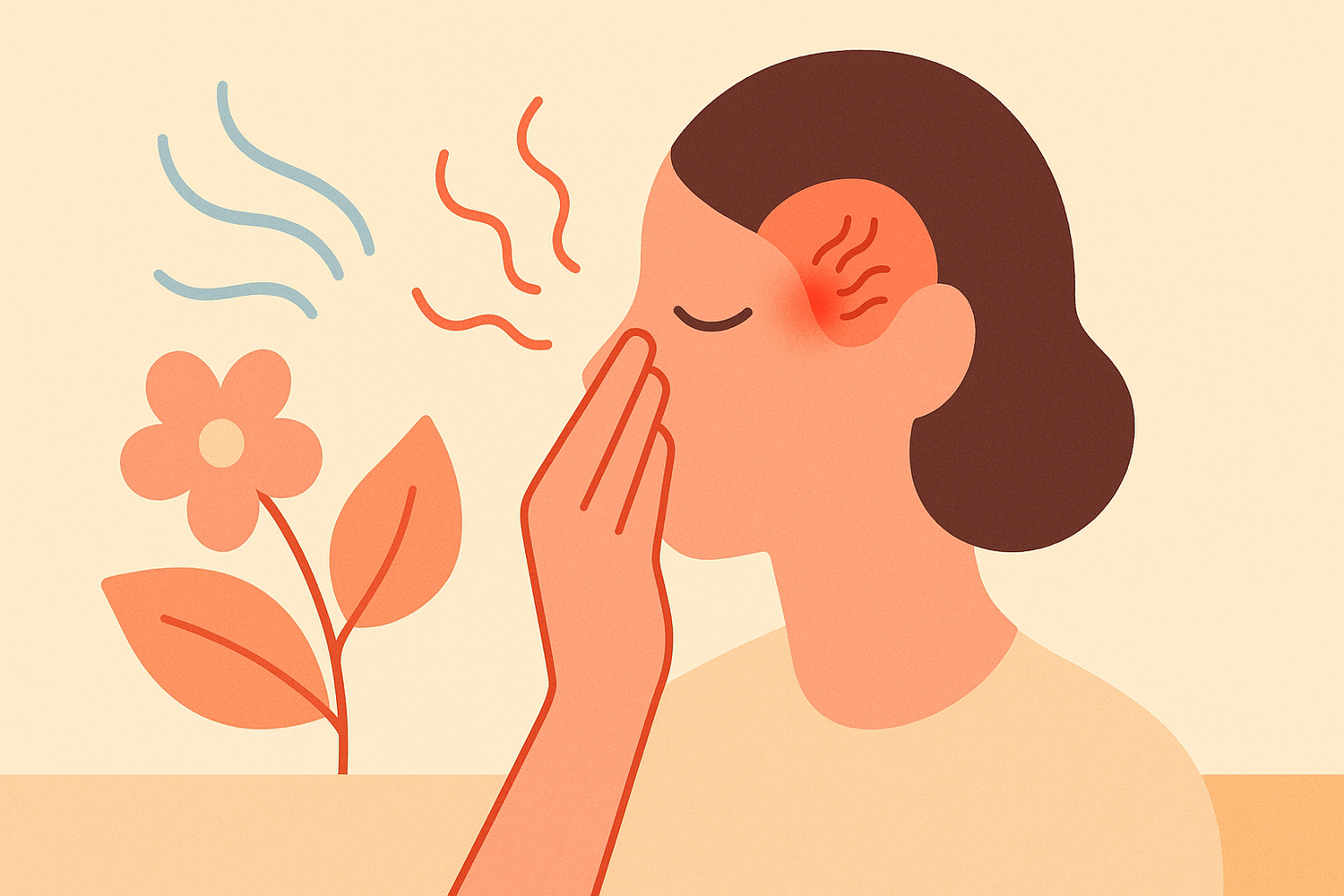
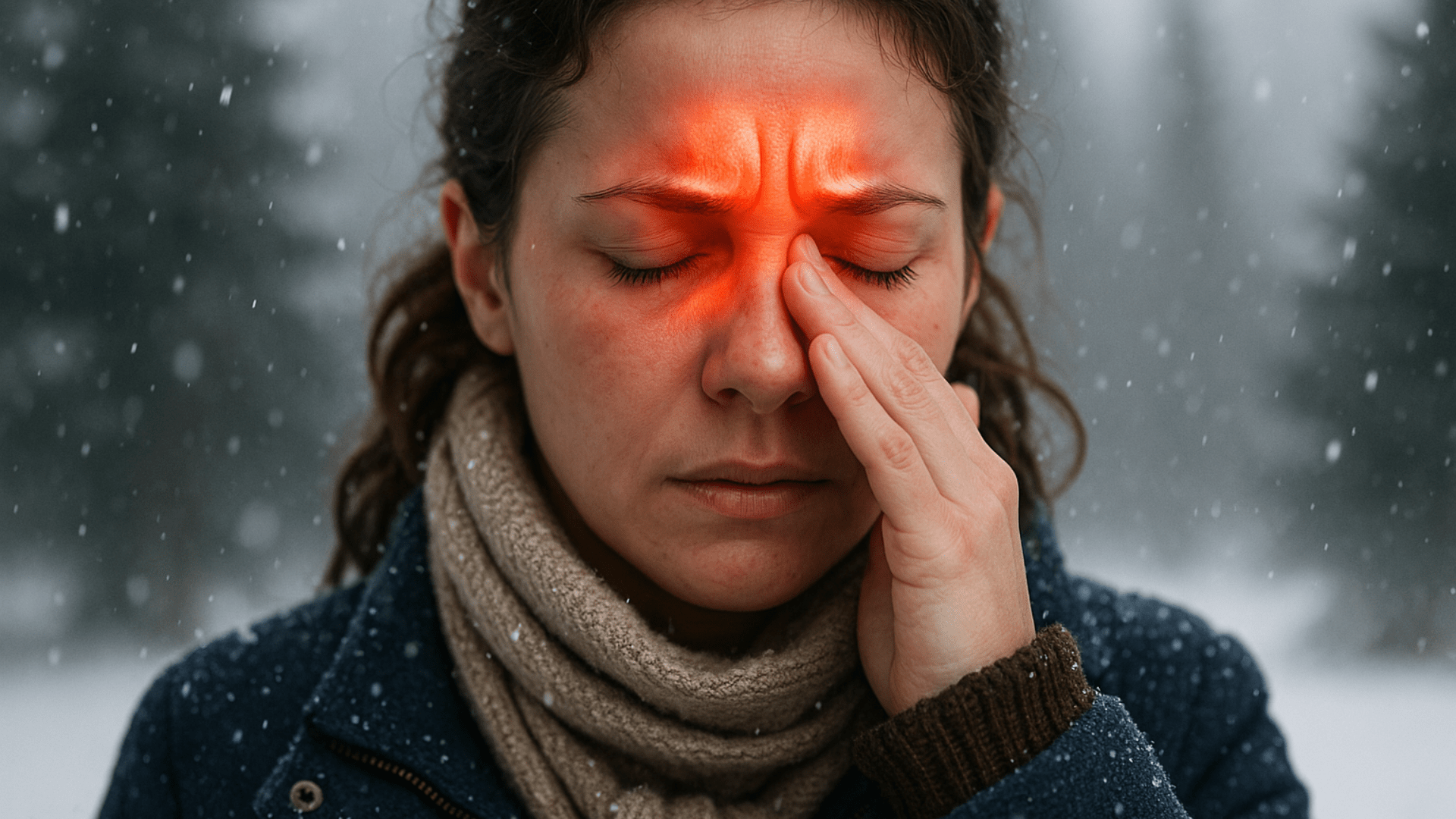
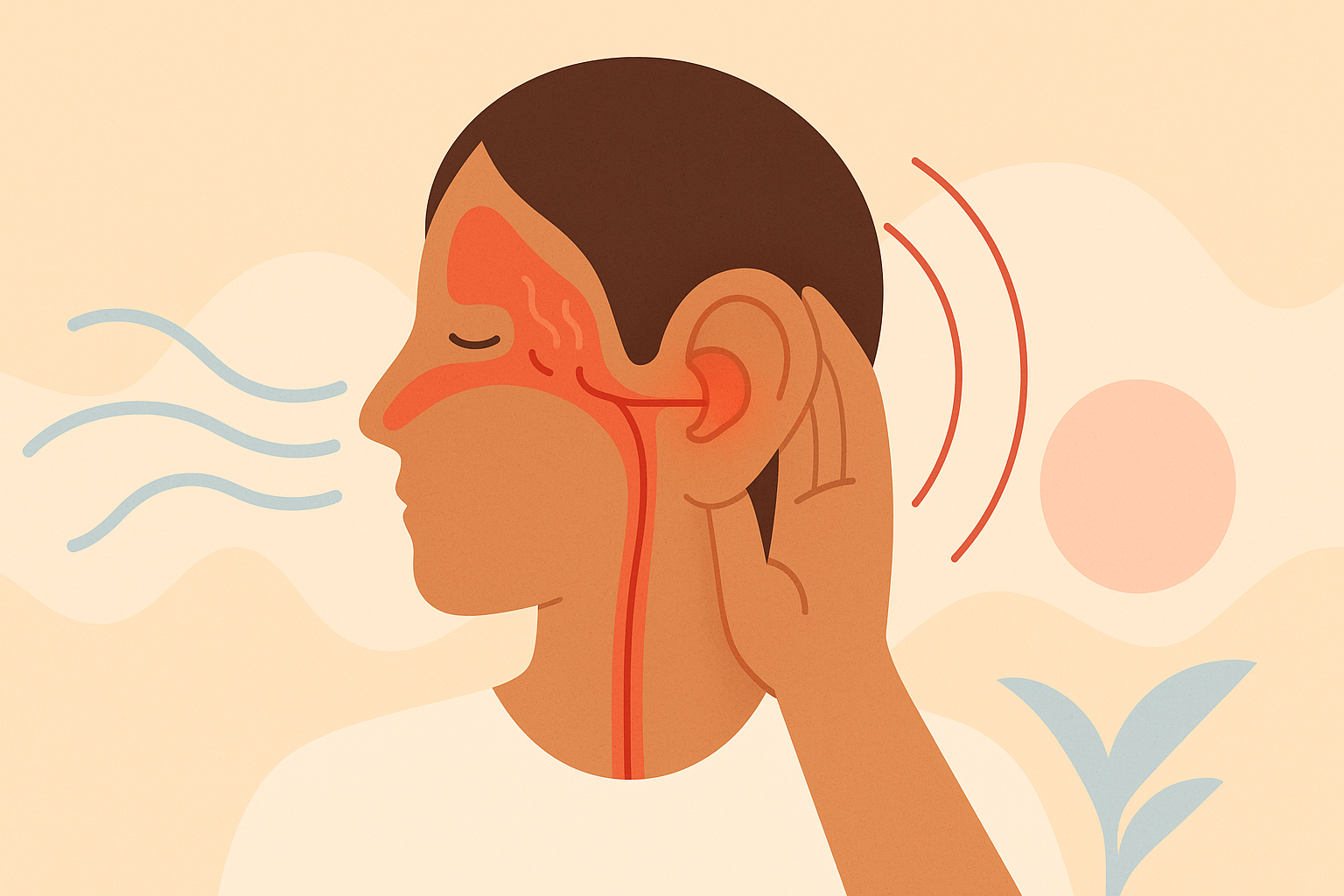
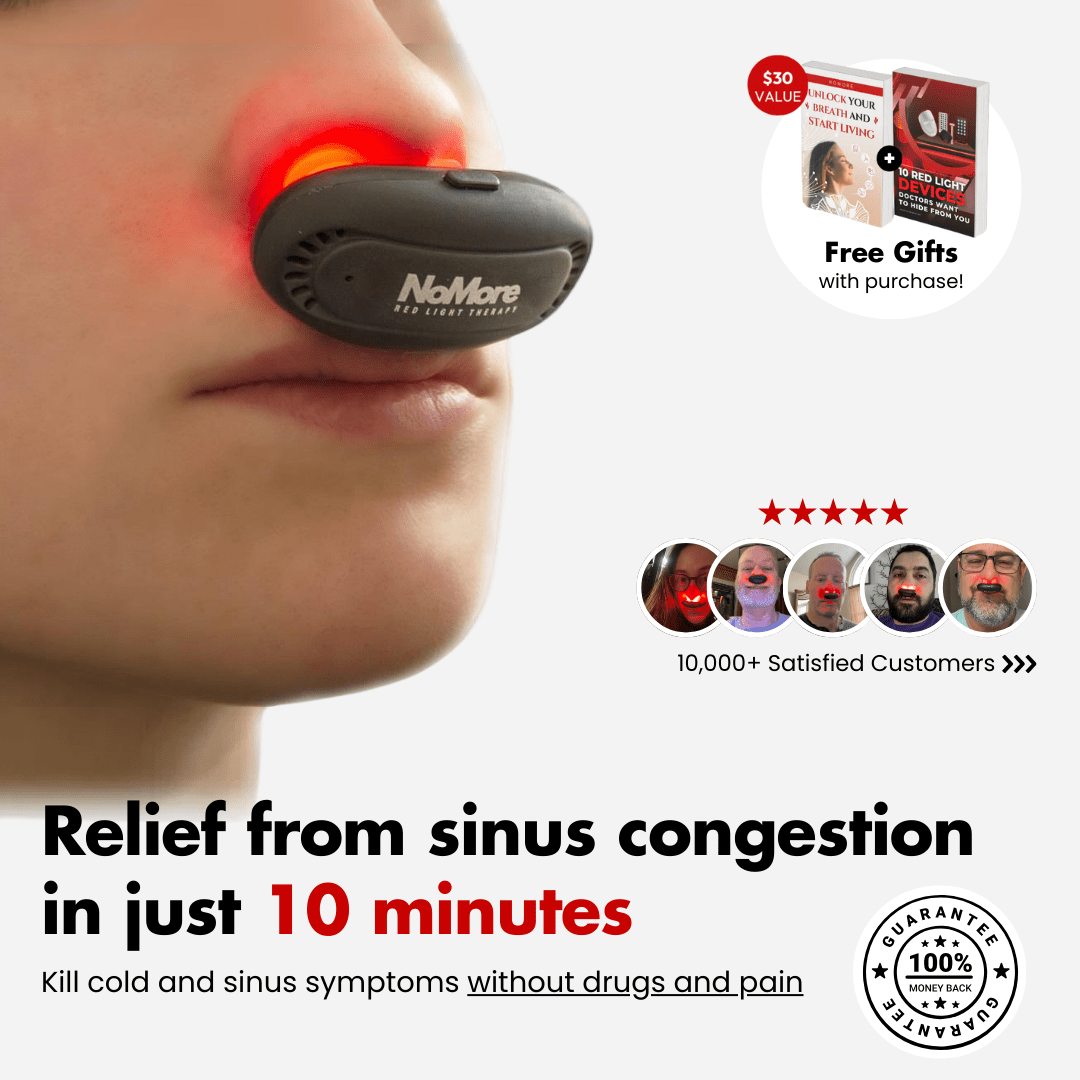
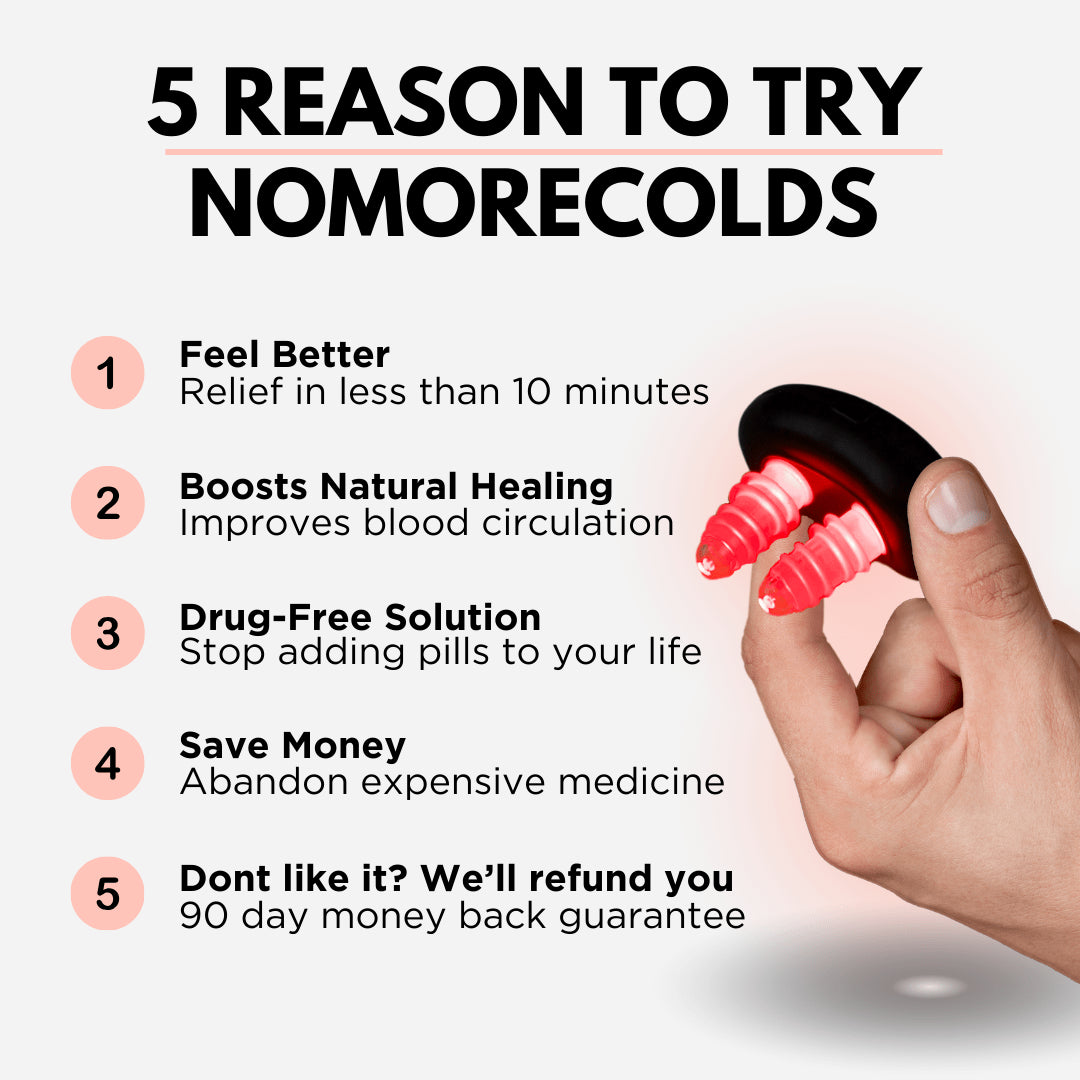
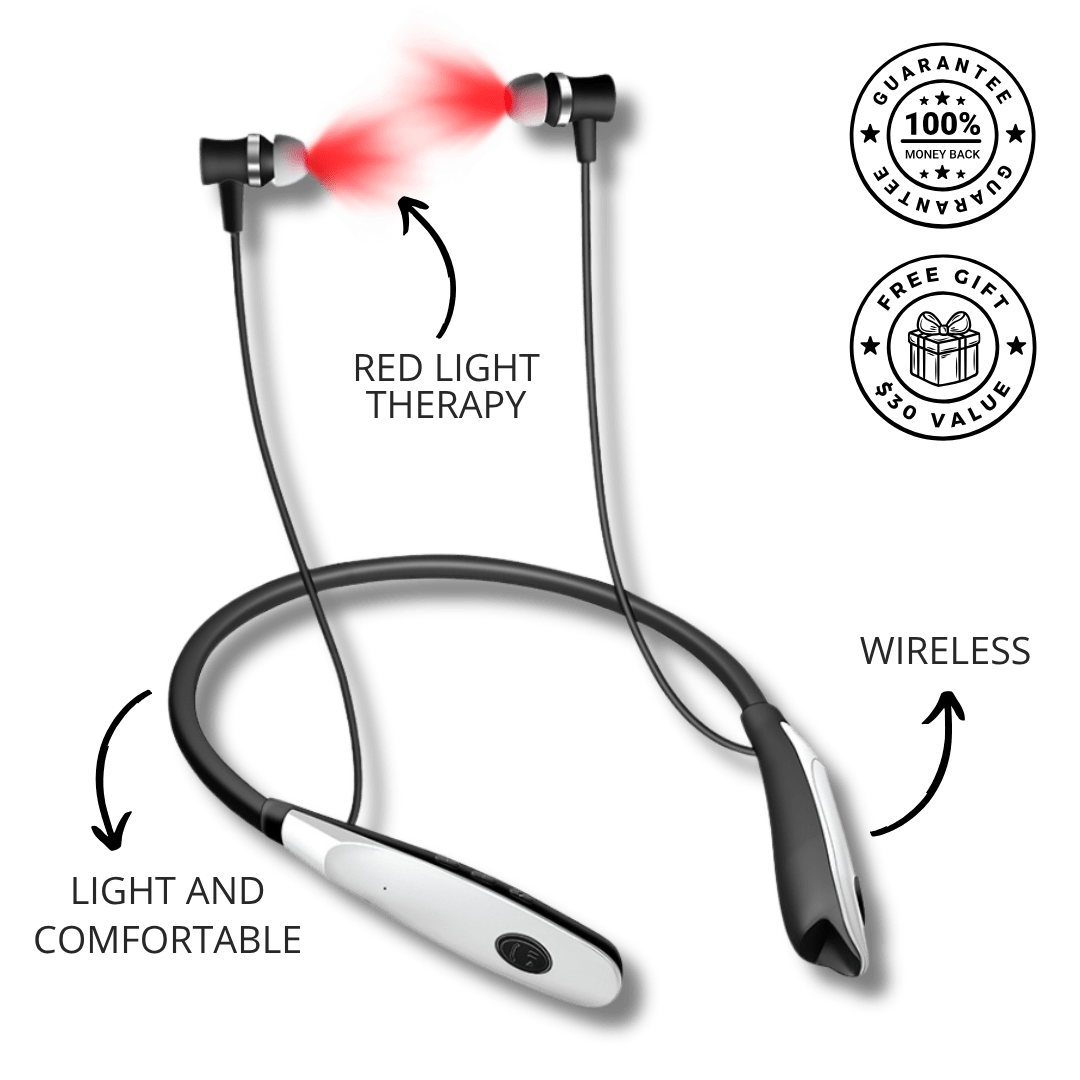
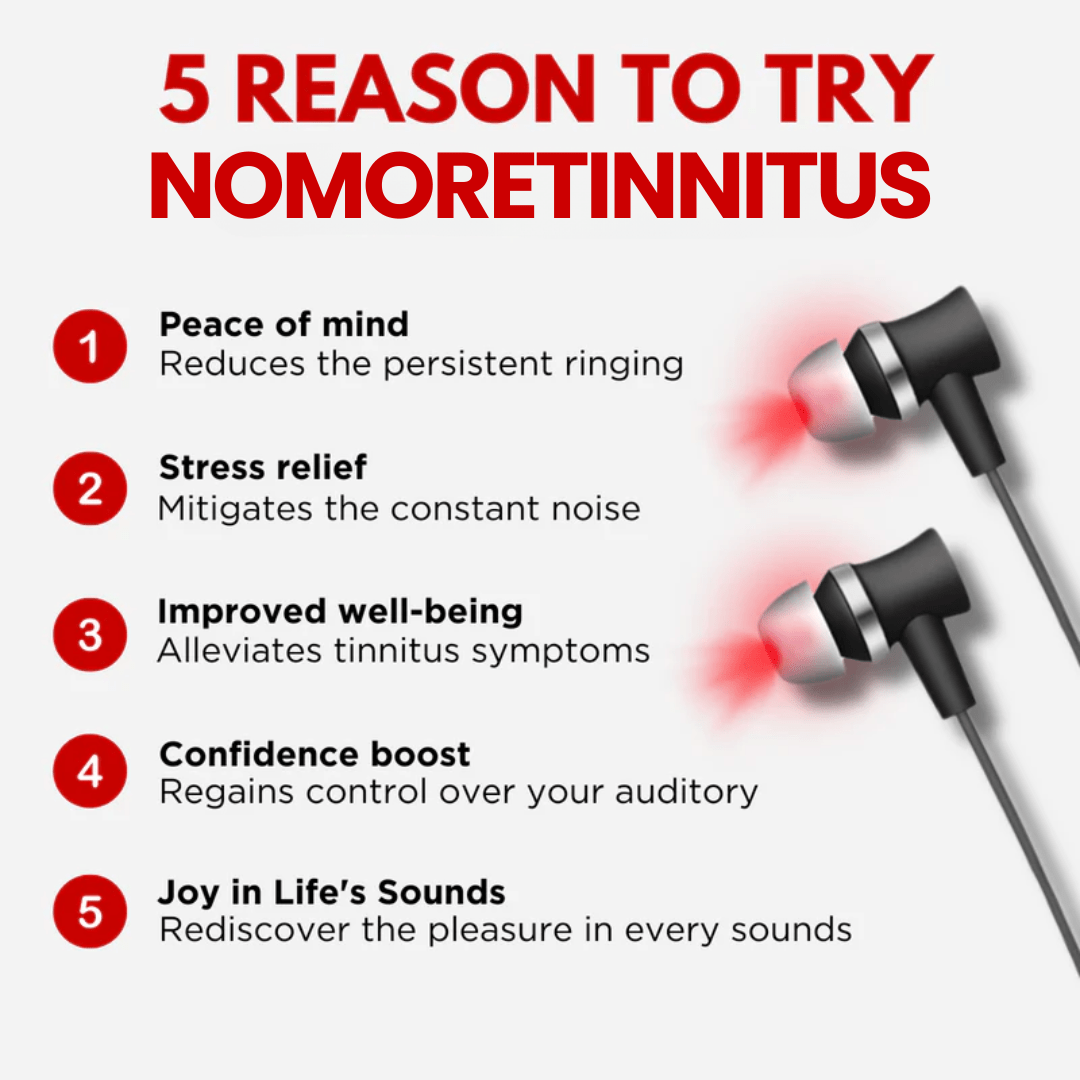
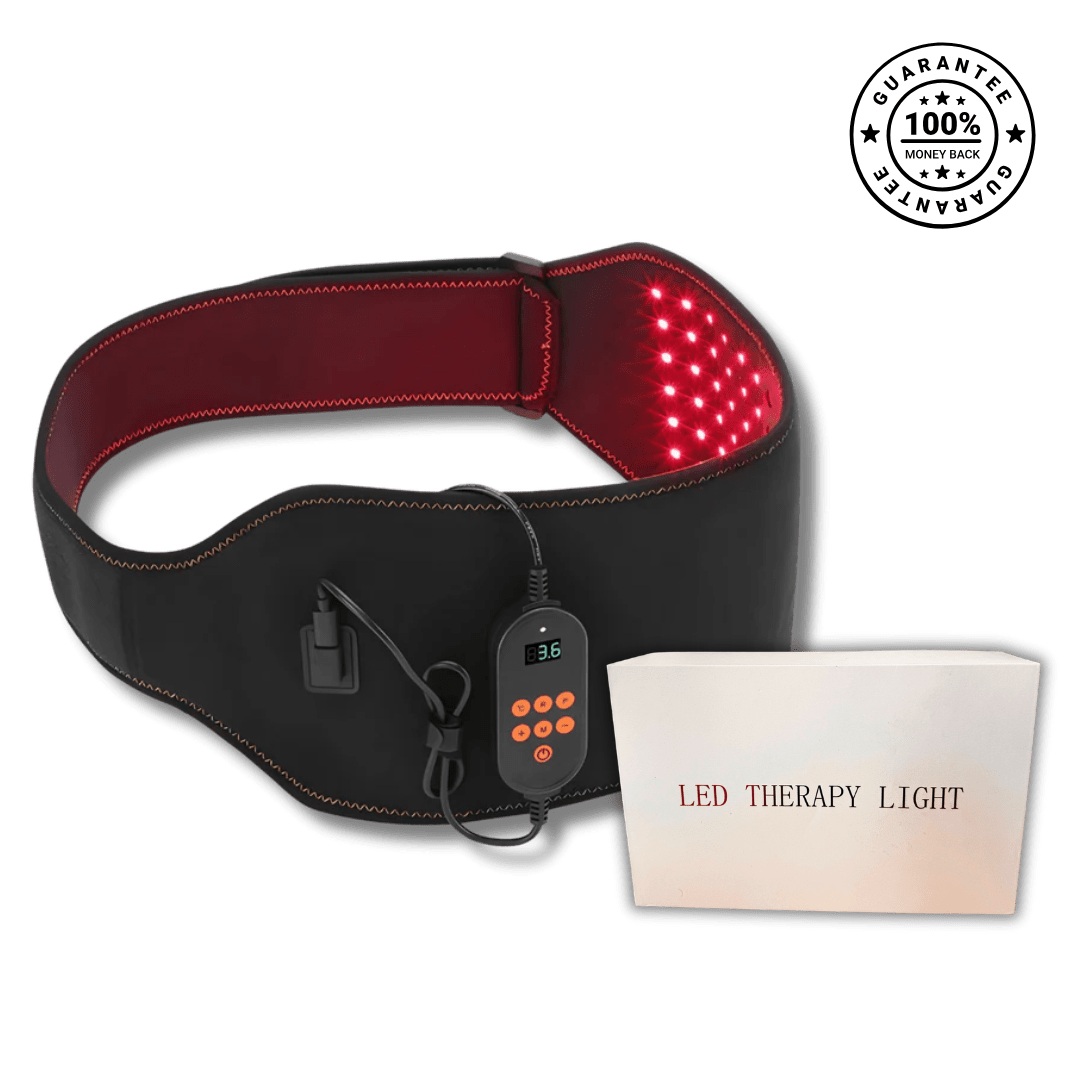

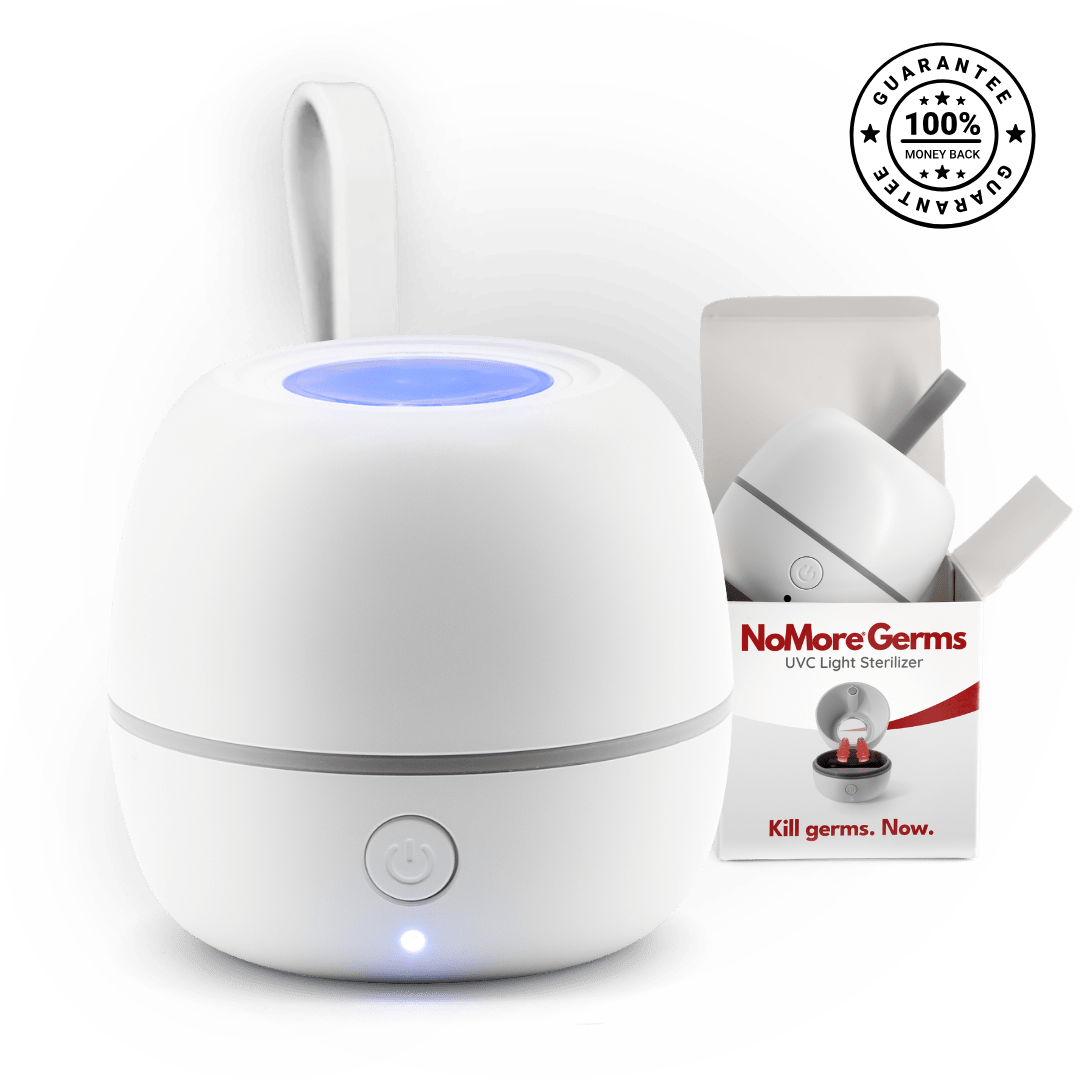
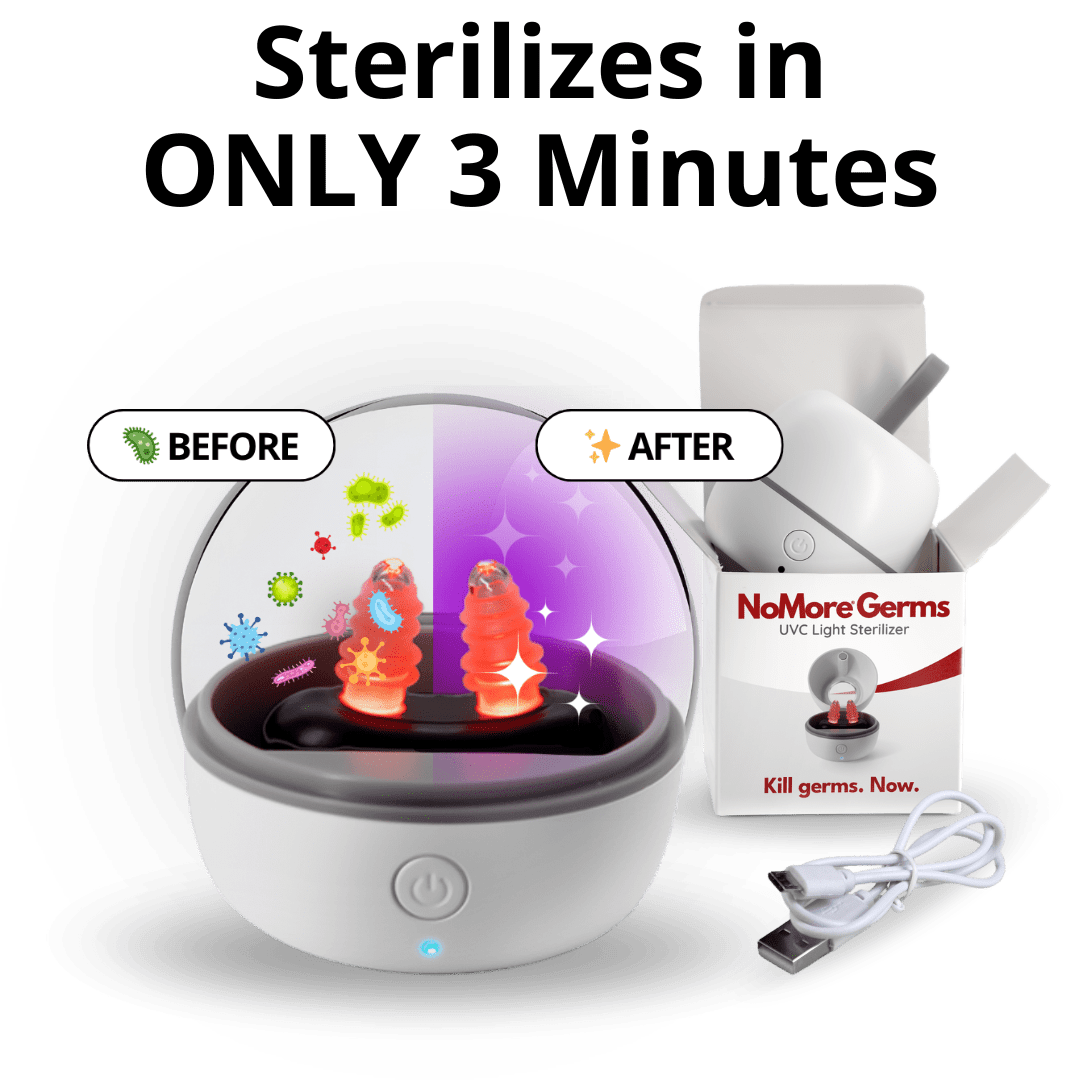
Leave a comment
All comments are moderated before being published.
This site is protected by hCaptcha and the hCaptcha Privacy Policy and Terms of Service apply.